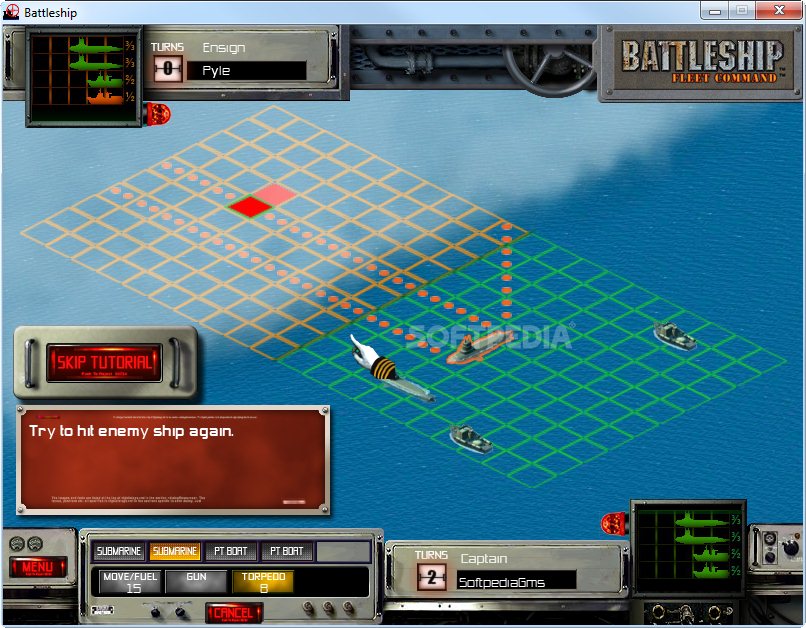

Being realized these facts a special legislation was at first promulgated in the name of Artha Rin Adalat Ordinance, 1989 and subsequently the said Ordinance replaced with the enactment of Artha Rin Ain of 1990 for realization of outstanding demand of Financial Institutions. 2003 ( “the said Ain”) for rejection of the execution case on the ground that the same was barred by limitation as prescribed by sub-section (1) of section 28 of the said Ain, whereupon the Adalat, after hearing the parties, rejected the same. On filed an application under section 28 of the Artha Rin Adalat Ain. 'O you who have believed, fear ALLAH as He should be feared and do not die except as Muslims. In case of non-funded liability, a civil suit can be brought by way of common law doctrine of estoppel due to the acceptance of the liability. However, if viewed from the perspective of a consumer taking loan which is essentially a funding by the institution and liability for the consumer, yes, a financial institution can sue. This directly does not happen in financial institutions. Now, funded liability, so far I understand it, is that a person saves/invests/funds a certain amount for a liability he will incur in future as he has already promised it. YPSA-CLS has been implementing at 76 unions of 6 Upazillas under Chittagong and Cox " s bazar district.Only financial institutions not anyone can file a case under the the ARAA 2003 for recovery of debts.

YPSA-CLS Project has been facilitating access to justice and to make aware of legal rights to marginalized and vulnerable communities including fisher folk, persons with disabilities, victims of trafficking, women and girls who are victims of domestic and sexual violence and ethnic minorities as well as who cannot afford the expenses of cases. YPSA-Community Legal Services for Access to Justice Project (CLS) brings a big significance at community.
#Artha rin adalat ain 2003 bangladesh pdf to word how to#
To improve this situation and reduces the case log at court and make a clear understanding of the community on how to obtain justice from community as well as activating local level justice providing institutions. Present rate of disposal of cases and backlog is alarming for justice, rule of law and economic development of the country. While delay in judicial process causes backlog, increasing backlog puts tremendous pressure on present cases and vice versa. Nevertheless, Judiciary of Bangladesh is caught in a vicious circle of delays and backlogs. Without the critically necessary element of a well-functioning judicial system, economic growth cannot occur. Numerous factors affect the potential for ensuring stable growth including macroeconomic strength, quality of infrastructure, a solid regulatory framework, an absence of bureaucratic corruption, and, importantly, the rule of law. Bangladesh needs to accelerate economic growth and to improve its political and judicial systems. This impoverished nation suffers from a chronic law and order problem as a result of political violence, overpopulation, gross economic challenges and an unworkable legal system. Bangladesh has had a traditionally poor track record when it comes to human rights abuses and institutional corruption. Good governance at Union Parishad depends on rule of law, freedom and democracy, accountability, transparency, responsiveness, human rights, cultural diversity and social cohesion.

Governance is the manner in which power is exercised (Uddin, 2010). Introduction Union Parishad (UP) is the lowest tier of Local Government of Bangladesh which is a major platform that plays a crucial role to strengthen the good governance at community level. Therefore, this research will critically analyze the existing laws relevant to the ADR and will suggest some guidelines to improve the existing process in Bangladesh by adopting qualitative research method. However, the laws relevant to the ADR processes are inadequate in various legal and litigative aspects and perspectives and there is no uniform law for the ADR in Bangladesh. An ADR process is very popular in Bangladesh as both the plaintiff and the defendant get their benefits from this process and as a matter of fact, the ADR reduces the work load of a formal judicial system in Bangladesh to a great extent. Traditionally, people in rural areas have preferred to settle their disputes by the ADR process particularly, negotiation, mediation, conciliation and arbitration because this process is less time consuming and cheaper as well. Alternative Dispute Resolution (ADR) is an alternative to a full-scale court proceeding and is applied in different situations in different ways, both formally and informally, mostly in civil cases in Bangladesh.


 0 kommentar(er)
0 kommentar(er)
